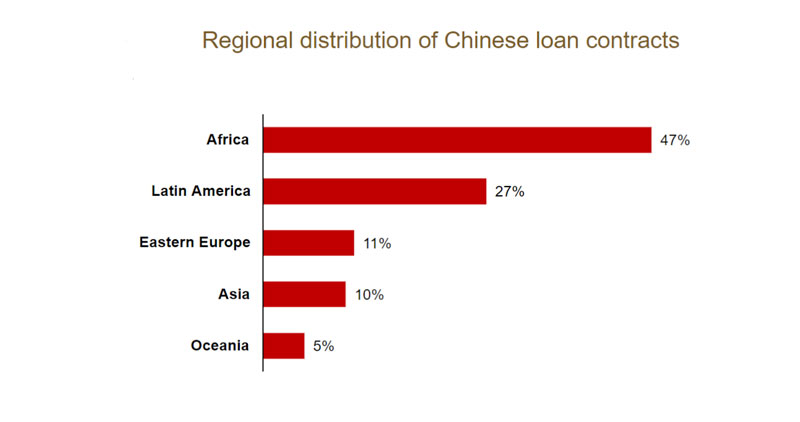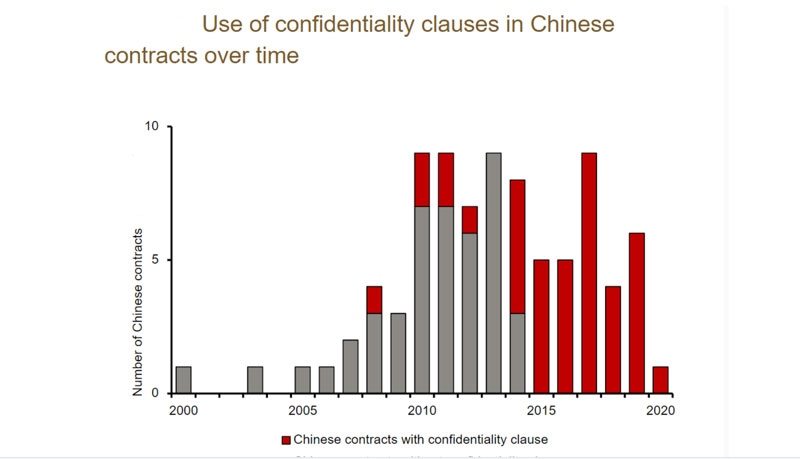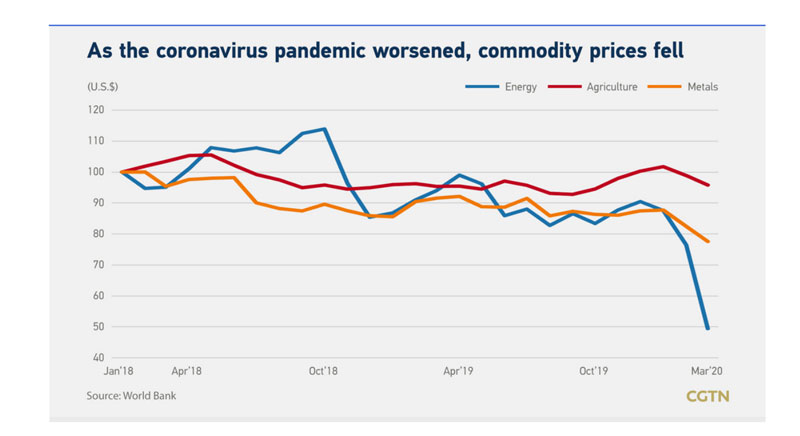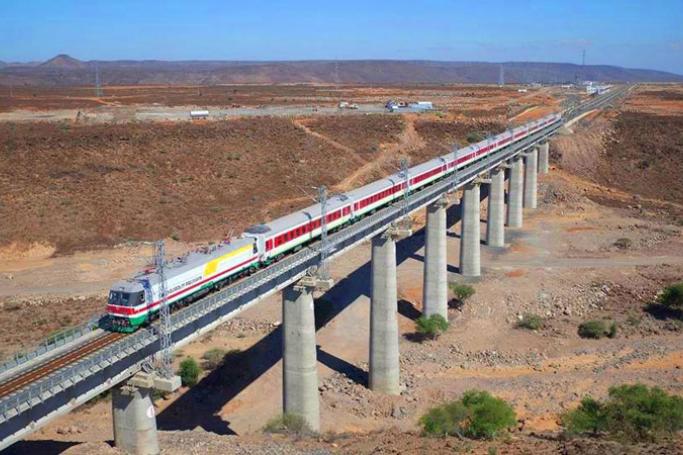Unsustainable debt and the constrictive terms of Chinese loans under much-touted Belt Road Initiative (BRI) are making poor African countries stare at defaults, and thus risk losing their sovereign assets. The other major factor is confidentiality clauses, which puts borrowers in a fix since they cannot reveal the terms of loans for public scrutiny. Besides the China forces borrower countries to keep debt out of the scope of collective restructuring, which means no third party such as Paris Club can come to rescue to restructure loans in case of financial distress. There has been doubts among different countries about China’s motives behind investing heavily in poor and developing countries. And the reports of countries like Sri Lanka losing its sovereignty to China due to ambiguous and preferential agreement clauses have made the suspicion stronger.

The unusual, questionable conditions in the BRI loans allow Beijing to terminate the contracts or speed up debt repayment if borrowers’ actions are not in tune with the Chinese interests. “A commercial cross-default clause helps protect creditors from falling behind in the payment queue; a cross-suspension clause lets a policy lender pause disbursements when the debtor's policy or project effort—or its relationship with the lending institution—deteriorates. Some Chinese contracts combine elements of both, further constraining the sovereign borrower,” as per the report by AidData, a research lab. It also revealed the use of confidentiality clauses in the loan agreements has increased which is in concurrence with Xi Jinping’s preference to greater secrecy.

The confidentiality and unusual clauses in the loan agreements have hurt the ability of the poor and developing countries to renegotiate debts in the current Covid-19 pandemic, which has affected them the most. Zambia has become the first African country to default on its sovereignty since the coronavirus crisis began. Chinese loans account for one-third of Zambia's national debt as China has invested in the mining and industrial sectors as well as agriculture. This has led some Zambians to call it a form of neo-colonialism by Chinese. In some African countries, natural resources have been mortgaged to facilitate Chinese loan. Under this contractual stipulation, the revenues earned from the exports of natural resources will be used for debt repayment. “However, this lending modality can pose problems when commodity prices fluctuate. Angola and the Republic of Congo have both needed to negotiate debt relief after commodity prices crashed,” finds a report by China Africa Research Initiative. Angola, Democratic Republic of Congo (DRC), Ghana, Guinea, Sudan and South Sudan are the countries that went ahead with this repayment arrangement to secure Chinese loans. And these countries are exposed to the risks of resource-backed loans due fluctuation in international commodity market due to disruption by the Covid-19 pandemic.

Across Africa, Chinese loans are mostly conditioned by signatories’ commitments to not fully disclose their terms, which is cause for deep concern. All poor African countries, which received loans under the BRI project, are struggling to pay back the debt they owe to Chinese banks. The penalty may also lead to ending diplomatic relations, besides curbs on debt restructuring. As per the world Bank, China’s share of bilateral debt owed by the world’s poorest countries to members of the G20 has seen an increase to 63 percent in 2019 from 45 percent in 2015.However, its role in debt suspension has been the lowest. “It’s frustrating. Some of the biggest creditors from China are still not participating and that creates a major drain on the poorest countries. If you look at the Chinese contracts, in many cases they have high interest rates and very little transparency,” said David Malpass, president of the World Bank.
There was appreciation for China investing in the countries in dire need of infrastructure building. However, public perception is changing as many people believe China is using the BRI as a vehicle for Beijing’s exercise of soft power, as per the Africa Report. People also believed that the BRI was also aggravating deep pre-existing domestic social and political stratification. “An increasingly large swath of the Africans deeply resent that decisions regarding project selection and design, the configuration of workers employed, and financing terms for Chinese projects, cater only to the interests of the continent’s political elite,” wrote the Africa Report.
Lee Chen is the pseudonym for a writer who covers Asian and international affairs












